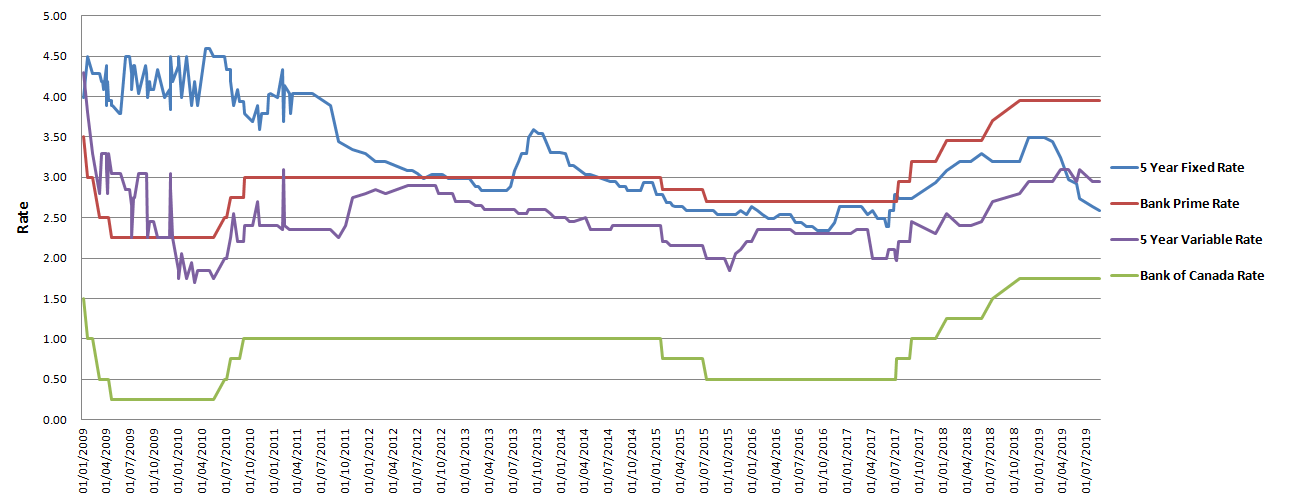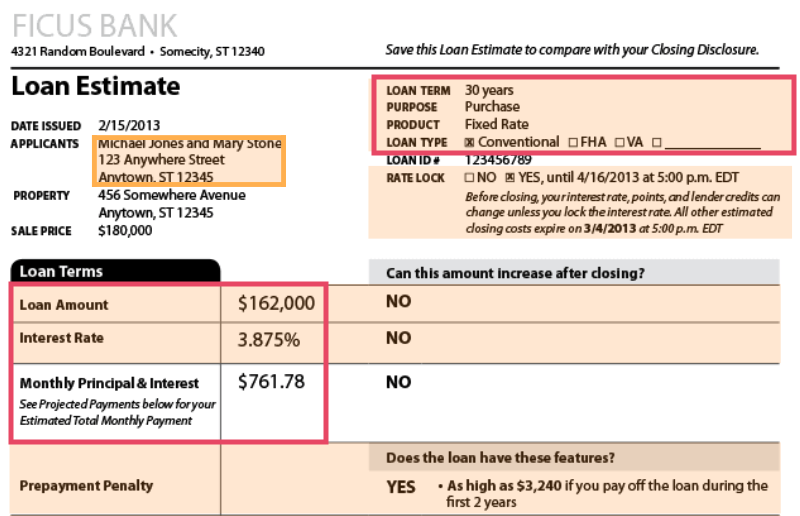One alternative is to simply sell the home to pay off the home loan, and distribute any remaining funds from the sale to the heirs as determined by the will or the laws in your state. If you wish to keep the house, Additional resources you'll need to deal with the servicer to get the mortgage moved to you.
If there was a reverse mortgage on the property, the loan quantity ends up being due after the death of the customer. If the heir to the house desires to keep the property, they'll have to pay back the loan. Otherwise, they can offer the house or turn the deed over to the reverse home loan servicer to satisfy the financial obligation.
The reverse home loan is a popular method utilized by older house owners to benefit from equity in their homes. Open to property owners 62 or older, the reverse mortgage can offer them steady home equity earnings. In addition, the older a homeowner is, the more equity income a reverse mortgage supplies in return (mortgages or corporate bonds which has higher credit risk).
Reverse mortgages are offered to property owners meeting age requirements and who totally own or have considerable equity in their houses. The home secures a house owner's reverse home loan. While no payments are made by a property owner with a reverse home mortgage, the home loan is due upon death. Estate properties westland financial complaints can repay a reverse mortgage.
Reverse home loans are repaid in a number of different methods. In addition to the estate of the deceased, successors to the reverse mortgaged home can likewise pay back the loan in full. Reverse home mortgage lending institutions typically give beneficiaries from three to 12 months to pay back the loan. If neither the heirs nor the estate pay back the loan, the lending institution generally repossesses the home.
As lienholders, lending institutions can look for foreclosure on the houses protecting their loans when they're not repaid. In cases in which a reverse mortgage loan provider winds up foreclosing, it will try to offer the house to satisfy its loan. Any profits left over after a reverse mortgage loan provider forecloses and offers a house john pam normally go to the departed customer's successors or estate.
What Does How To Hold A Pool Of Mortgages Mean?
By law, reverse mortgages are non-recourse loans, indicating loan providers can't pursue property owner estates or successors for any home mortgage shortages staying after sale (how much is mortgage tax in nyc for mortgages over 500000:oo). Thankfully, numerous reverse home mortgages fall under the Federal Housing Administration's Home Equity Conversion Home mortgage program. All FHA-based reverse home mortgages include special mortgage insurance to cover their loan providers need to mortgage shortfalls result when heirs sell those homes.
Simply like a traditional home mortgage, there are costs associated with getting a reverse home loan, specifically the Home Equity Conversion Home Loan (HECM). These costs are generally higher than those associated with a standard home loan. Here are a few charges you can expect. The in advance mortgage insurance coverage premium (MIP) is paid to the FHA when you close your loan.
If the house sells for less than what is due on the loan, this insurance covers the distinction so you will not end up underwater on your loan and the loan provider doesn't lose money on their financial investment. It also safeguards you from losing your loan if your loan provider goes out of service or can no longer satisfy its responsibilities for whatever reason.

The expense of the upfront MIP is 2% of the assessed value of the home or $726,535 (the FHA's loaning limit), whichever is less. For example, if you own a home that deserves $250,000, your upfront MIP will cost around $5,000. Together with an upfront MIP, there is likewise a yearly MIP that accumulates every year and is paid when the loan comes due.
5% of the loan balance. The home mortgage origination charge is the amount of money a lending institution charges to originate and process your loan. This cost is 2% of the first $200,000 of the house's value plus 1% of the remaining worth after that. The FHA has set a minimum and optimum expense of the origination cost, so no matter what your house is valued, you will not pay less than $2,500 or more than $6,000.
The servicing cost is a monthly charge by the lender to service and administer the loan and can cost approximately $35 monthly. Appraisals are required by HUD and determine the marketplace worth of your house. While the real expense of your appraisal will depend upon elements like location and size of the house, they usually cost in between $300 and $500.

The 7-Second Trick For What Is The Best Rate For Mortgages
These costs might consist of: Credit report fees: $30 $50 Document preparation charges: $50 $100 Courier charges: $50 Escrow, or closing cost: $150 $800 Title insurance coverage: Depend upon your loan and area There are lots of aspects that influence the rates of interest for a reverse mortgage, consisting of the loan provider you deal with, the type of loan you get and whether you get a repaired- or adjustable rate home loan (what is the best rate for mortgages).
A reverse mortgage is a method for eligible property owners to tap into the equity in their homes to satisfy retirement expenditures. To qualify, you should be age sixty-two (62) or over, inhabit the residential or commercial property as your primary residence, and own the house outright or have adequate equity in the home.
The loan accrues interest and other charges that are not due until a trigger event happens. However, the customer is still responsible for residential or commercial property taxes, property owner insurance coverage, property owner association costs (if any), and upkeep. There are three options for loan proceeds to be distributed to the customer: a lump sum, a month-to-month payment amount, or a house equity credit line.
The borrower no longer utilizes the house as a primary house for more than 12 consecutive months. (A borrower can be far from the home, e. g., in a nursing home, for up to 12 months due to physical or mental disorder. If the relocation is long-term the loan ends up being due).
If an enduring spouse is not likewise a debtor, likely because she/he is under age 62, a federal case, mentioned in Oregon cases, holds that the lender can not foreclose against a making it through spouse non-borrower at the death of the spouse/borrower. Nevertheless, the loan is still due as talked about above. If a house with a reverse mortgage becomes based on probate, the home loan is still an encumbrance on the property.